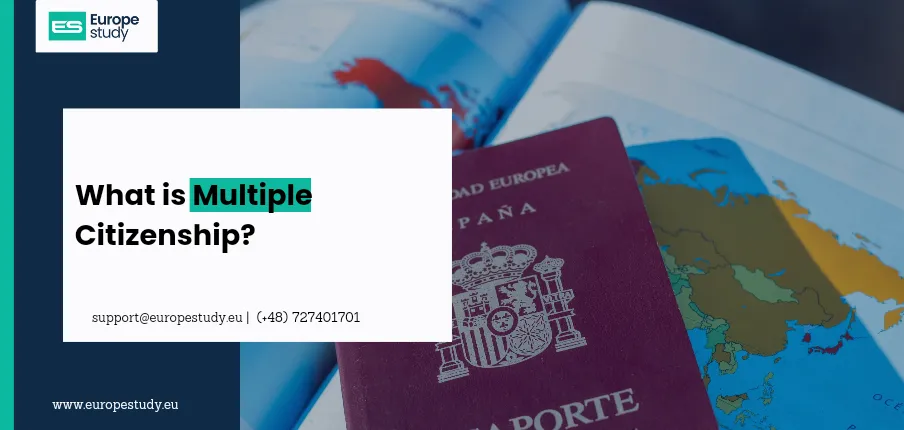
What is Multiple Citizenship?
Multiple citizenship, also known as multipatriotism, refers to the legal status in which an individual is recognized as a citizen of more than one country. This status grants the individual rights and responsibilities in each of the nations where they hold citizenship, creating unique opportunities and challenges.
Legal Framework of Multiple Citizenship
The recognition of multiple citizenship depends on the laws of the countries involved. Some nations enter into bilateral agreements to regulate this status, ensuring that individuals can enjoy the benefits and comply with obligations in each country. In certain regions, the distinction between citizenship and nationality is notable. While citizenship often relates to domestic political engagement, nationality can reflect a person's international legal standing.
Benefits and Opportunities for Individuals
For individuals, holding multiple citizenships opens doors to various advantages:
- Freedom of Movement: Dual citizens can travel more easily between their countries of citizenship.
- Access to Services: They can benefit from healthcare, education, and social services in multiple nations.
- Economic Opportunities: It facilitates international business, investments, and employment.
- Political Participation: Dual citizens may have the right to vote or run for office in more than one country.
Challenges and Legal Conflicts
Despite the benefits, multiple citizenship can lead to legal complexities, especially when obligations in one country conflict with those in another. For example:
- Military Service: An individual may be required to serve in the armed forces of more than one country.
- Taxation: Dual citizens must navigate tax obligations across multiple jurisdictions, which can be complicated without proper agreements.
The Perspective of Nations
Countries often see multiple citizenship as a strategic advantage. It helps maintain ties with their diaspora, attract investments, and enhance cultural exchange. However, it may also raise concerns about divided loyalties or administrative complexities in managing citizens with dual allegiances.
Multiple citizenship is a modern phenomenon that reflects the interconnectedness of the world. While it offers individuals unparalleled freedom and opportunities, it also demands careful management of legal and practical challenges. Both individuals and nations benefit from its potential, provided they navigate its complexities with mutual understanding and cooperation.





